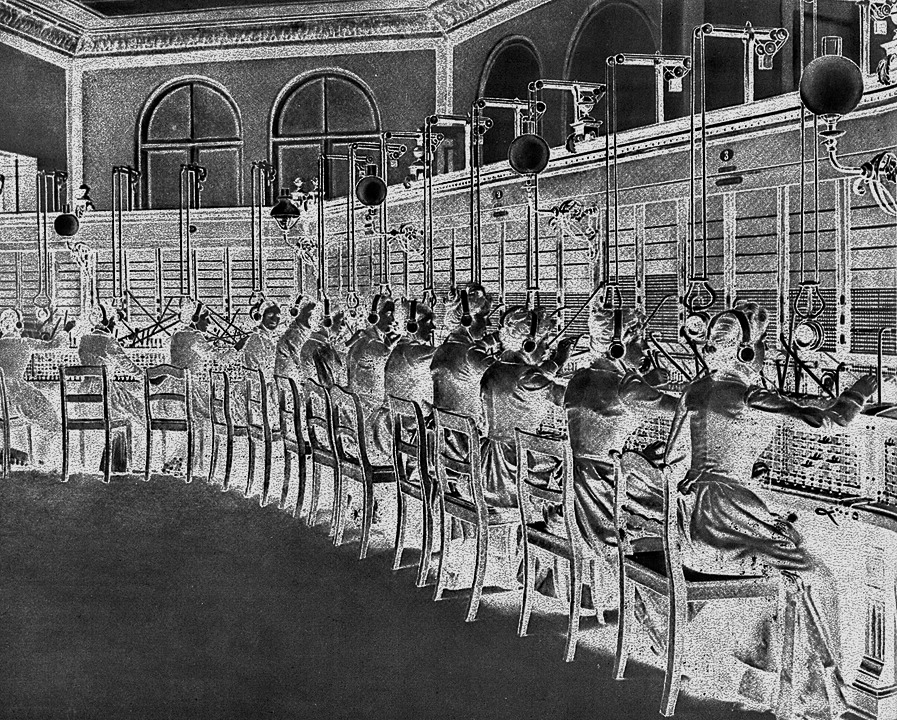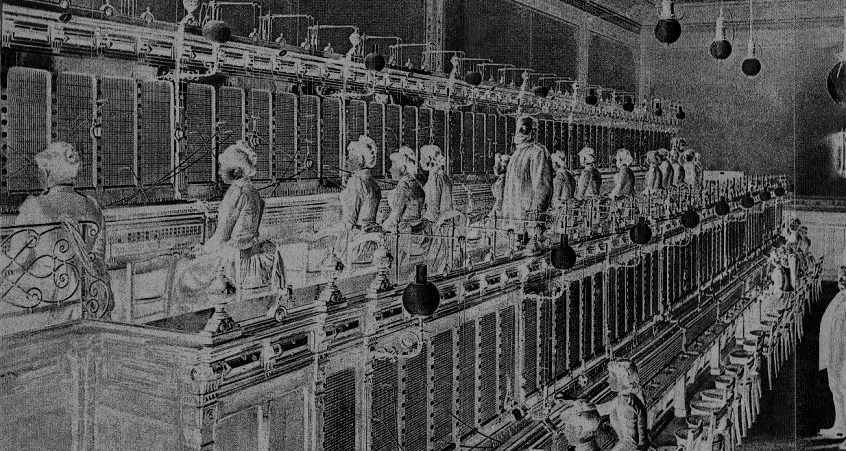
Lavsan and Kapton Tested Under Space-like Radiation Conditions
In a ground-breaking experiment, HSE MIEM researchers subjected Lavsan (polyethylene terepfthalate, polyester) and Kapton (polypiromellitimide, polyimide) polymers, commonly used in space technology, to ionising radiation for durations ranging from microseconds to several hours at temperatures of -170°C and +20°C, while comparing their electrical conductivity under extreme conditions. The study reveals that at -170°C, Kapton's conductivity is ten times lower than at +20°C. These findings can assist engineers in developing more effective protection for spacecraft against static discharges induced by ionising radiation. The study has been published in Journal of Applied Physics.

Elderly People, Crisis, and Robots
Across the globe, countries are witnessing dramatic shifts in the relative proportions of younger and older generations in their demographic makeup. Even in African states, signs of an emerging demographic decline are becoming evident. By 2050, two thirds of people aged 65 and over will be living in low- and middle-income countries. While an ageing population poses a significant challenge to national economies, it can also serve as an impetus for development, especially in the realm of technology. What is the extent of global population ageing, what challenges arise in this context, and whether humanity is capable of addressing them are some of the key questions, explored by IQ.HSE, based on a paper published in Sociological Journal by Leonid Grinin, Anton Grinin, and Andrey Korotayev at the HSE Centre for Stability and Risk Analysis.
.png)
How the Telephone Conquered the World. Episode Ten: 'Number, Please?'
The history of the invention of telephony reads like a captivating detective novel, but even more intriguing are the events that contributed to the worldwide adoption of this technology. In this series of columns on IQ.HSE, Anton Basov, HSE Faculty of Computer Science editor, discusses how telephones have become an integral part of our everyday life. The final episode of the series recounts how men were unable to cope with telephone operator jobs and were replaced by tall and polite young women. However, as telephone networks expanded, the role of the intermediary became unproductive, eventually rendering the switchboard operator profession obsolete due to automation—not the first nor the last time such a thing has happened. As for Alexander Graham Bell, he used the earnings from inventing the telephone to promote science, educate people about the world around us, and pursue new inventions.

HSE Economists Develop a Model for Sustainable Solar Geoengineering Agreements
Researchers at HSE University and George Mason University have investigated the sustainability of prospective international agreements on solar geoengineering. The authors have proposed a scheme in which payments flow from affluent nations to less wealthy ones; an arrangement which sets their proposal apart from traditional systems. The proposed model aims to dissuade more vulnerable countries from excessive use of the prevalent geoengineering method by providing compensation for the potential damage they may incur and supporting their adaptation to climate change. The paper has been published in Environmental and Resource Economics.
.png)
How the Telephone Conquered the World. Episode Nine: Big Connections
The history of the invention of telephony reads like a captivating detective novel, but even more intriguing are the events that contributed to the worldwide adoption of this technology. In this series of columns on IQ.HSE, Anton Basov, HSE Faculty of Computer Science editor, discusses how telephones have become an integral part of our everyday life. The ninth episode of the series explores the development of the first long-distance, interstate, and transatlantic telephone lines, which suddenly made people thousands of kilometres away feel as close as if they were in the same room together.

Human Bodies Impede 6G Signal Transmission
A team of researchers, including scientists from HSE University, have investigated the influence of human movement on the propagation of 6G signals. Within a range of up to 10 metres, the signal attenuation is comparatively minor, yet brief connection failures may still occur. Based on the study findings, a blockage detection algorithm has been developed to account for both signal attenuation and interruptions. The gaming industry is likely to derive the greatest benefits from this discovery. A paper with the study findings has been published in Computer Communications.

How the Telephone Conquered the World. Episode Eight: The Russian Field of Experiments
The history of the invention of telephony reads like a captivating detective novel, but even more intriguing are the events that contributed to the worldwide adoption of this technology. In this series of columns on IQ.HSE, Anton Basov, HSE Faculty of Computer Science editor, discusses how telephones have become an integral part of our everyday life. The eighth episode of the series recounts how Russia first adapted the telephone for military and logistical purposes, created a shell company headed by a nominal executive for reselling the rights to Western competitors, and intensively developed communication infrastructure in the country's two capitals, making such progress that Vladimir Lenin insisted on capturing and maintaining control of telephone exchanges at all costs.

Scientists Discover Cause of Metastasis Formation in Patients with Colorectal Cancer
An international team of researchers including scientists at the HSE Faculty of Biology and Biotechnology has identified factors which can increase the aggressiveness of tumours in patients with colorectal cancer. An isoform of CD44 protein has been found to play a pivotal role in the development of metastases. The study findings have been published in Molecular Oncology.

How the Telephone Conquered the World. Episode Seven: German Efficiency
The history of the invention of telephony reads like a captivating detective novel, but even more intriguing are the events that contributed to the worldwide adoption of this technology. In this series of columns on IQ.HSE, Anton Basov, HSE Faculty of Computer Science editor, discusses how telephones have become an integral part of our everyday life. The seventh episode in the series recounts the story of German bureaucrats, who proved to be the most astute in Europe by ensuring effective telephony first for themselves and subsequently for all major cities in Germany. However, even there, the government's dominant role over the free market slowed down the adoption of the new technology.

How the Telephone Conquered the World. Episode Six: The Telephone's Misadventures in France
The history of the invention of telephony reads like a captivating detective novel, but even more intriguing are the events that contributed to the worldwide adoption of this technology. In this series of columns on IQ.HSE, Anton Basov, HSE Faculty of Computer Science editor, discusses how telephones have become an integral part of our everyday life. The sixth episode of the series recounts events in France when the private owner of the telephone network was compelled to sell it to the government at a knockdown price, and the impact it had on the development of communications in the country. Spoiler alert: the impact, naturally, was detrimental.


Submission Deadline: December 20, 2025